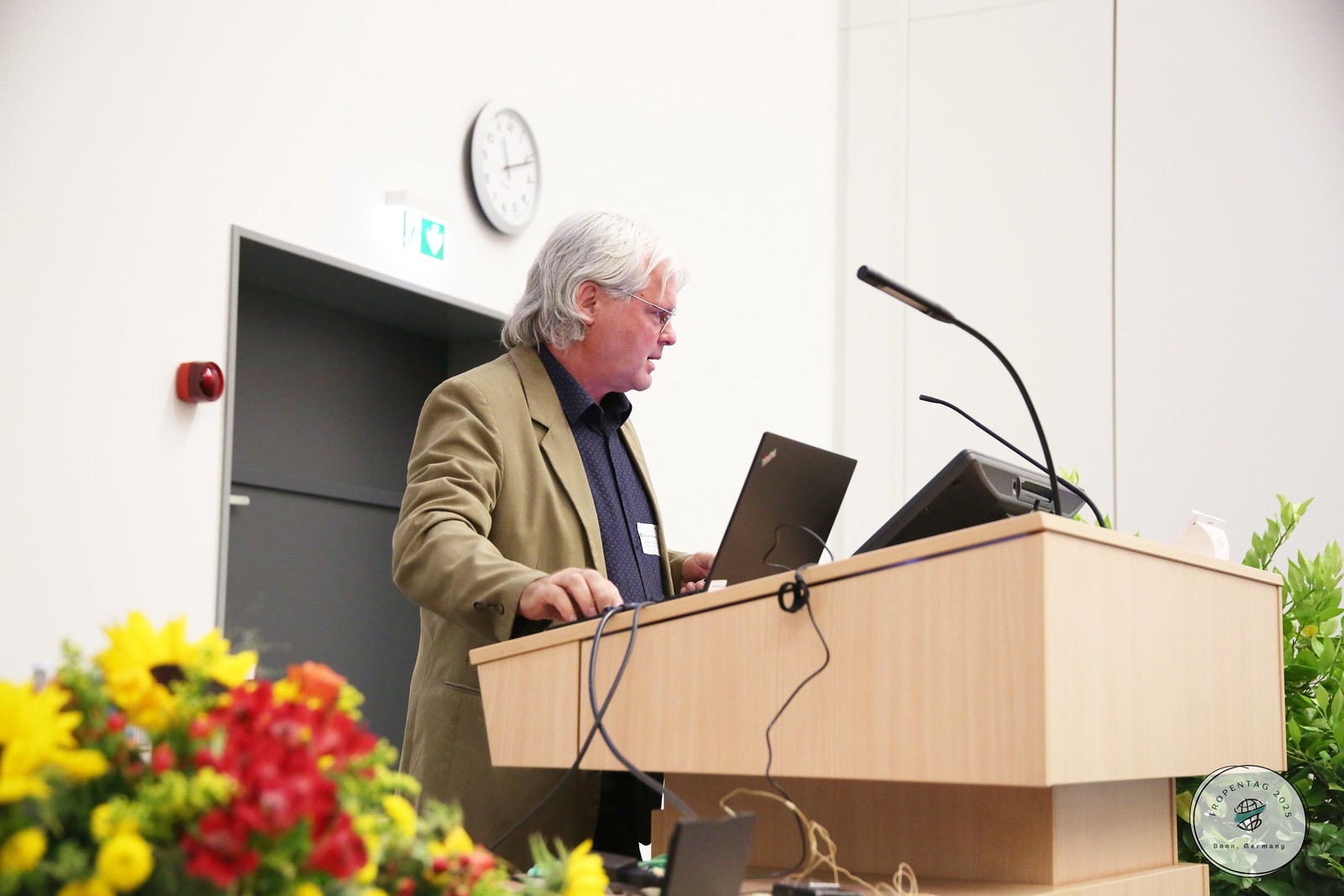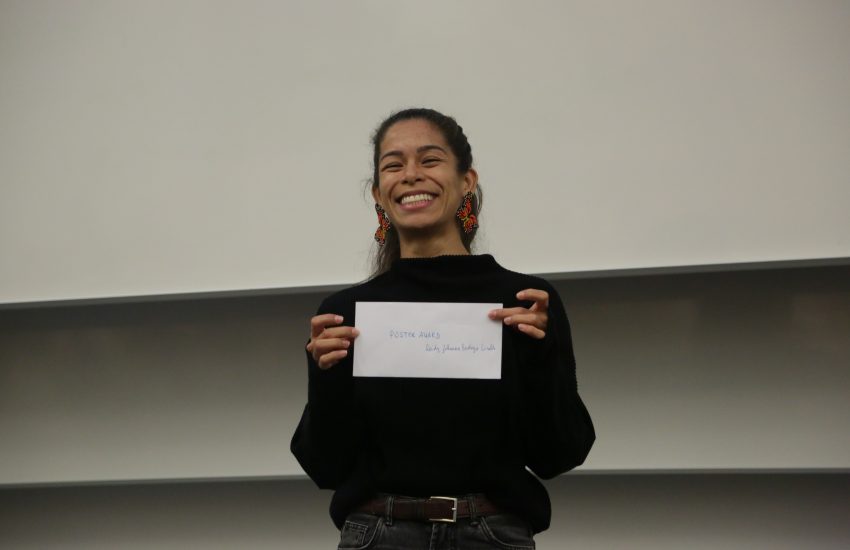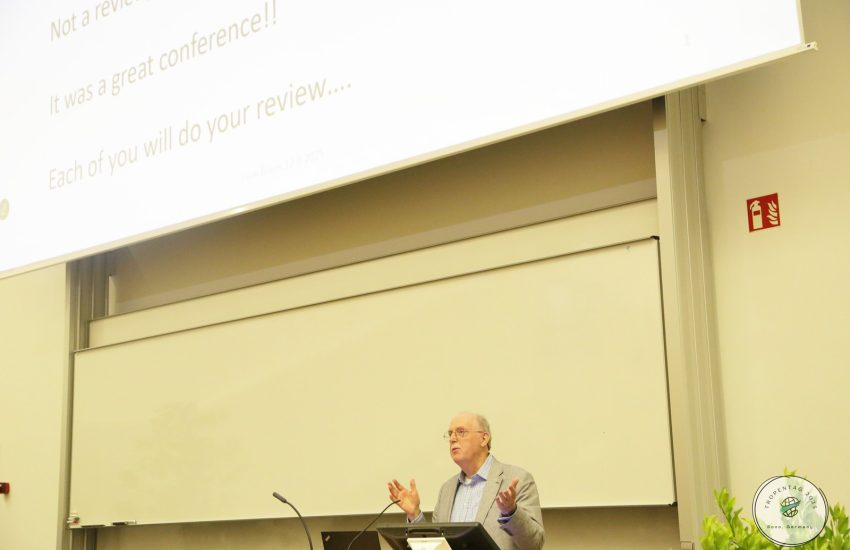Farming’s real debate isn’t about labels.
Sitting in the lecture hall at Tropentag 2025, I found myself staring at a slide that looked deceptively simple: four overlapping circles labeled agroecology, sustainable intensification, regenerative agriculture, and nature-based solutions. The question above it read, “Conflicting paradigms? Or not?”
It struck me how often we in agriculture get caught up in these labels. Each term carries its own champions, its own rhetoric, and sometimes even its own politics. Agroecology is hailed as farmer-led and ecological, sustainable intensification as science-driven and yield-focused, regenerative agriculture as restorative, and nature-based solutions as ecosystem-centered. Too often, these are framed as competing visions, as if one must win out over the others.
But as the speaker, Dr. Bernard Vanlauwe, walked us through the overlaps, I realized the more interesting story lies not in the conflicts but in the common ground. All four paradigms are wrestling with the same urgent challenge: how to feed people without exhausting the planet. And when you look at it from that perspective, the overlaps matter far more than the differences.
What stuck with me most was the reminder that farmers don’t speak the language of paradigms. They care about whether their soils can still grow food, whether rains come when they’re needed, and whether their families are fed. Theories and labels may divide the conference halls, but in the fields, integration, and not separation, is the daily reality.
Walking out of that session, I felt both challenged and hopeful. Maybe the task ahead is not to defend one paradigm over another but to stitch them together into something more practical, more flexible, and more honest about the messy realities of farming in a changing climate.
Because in the end, resilience will not come from winning the argument. It will come from finding common ground.



